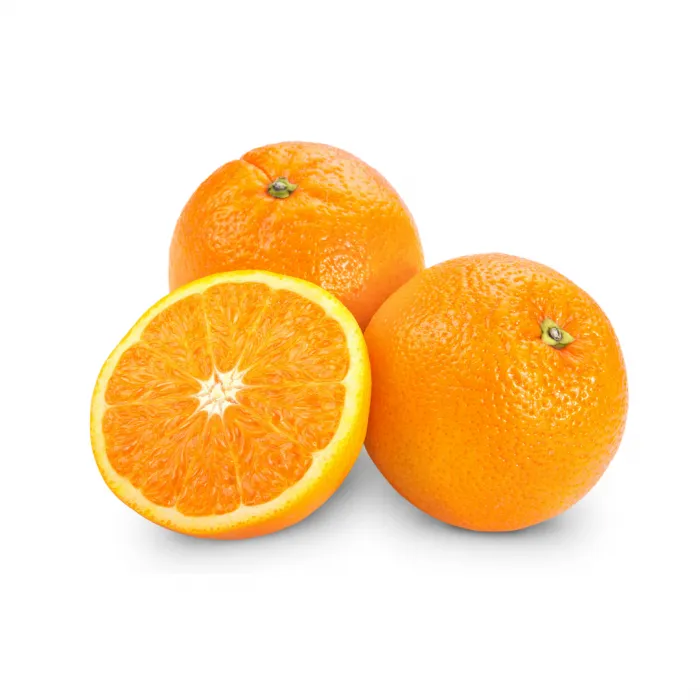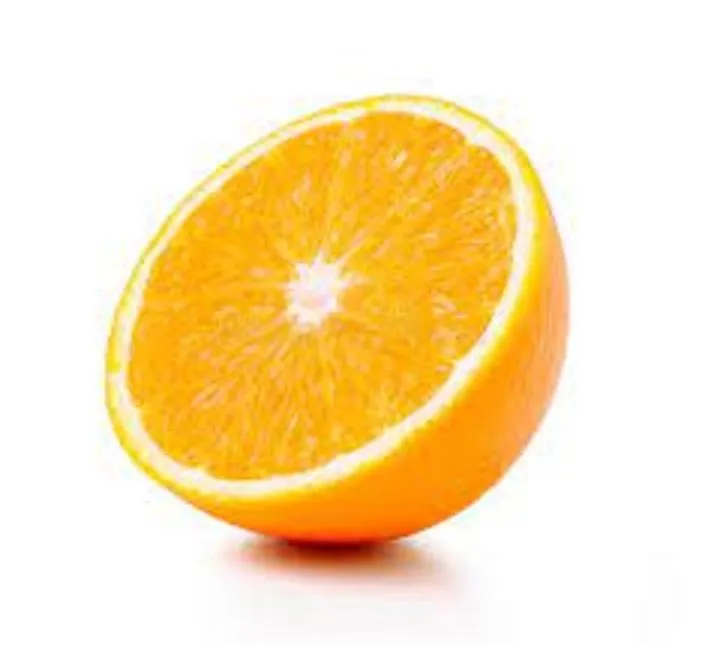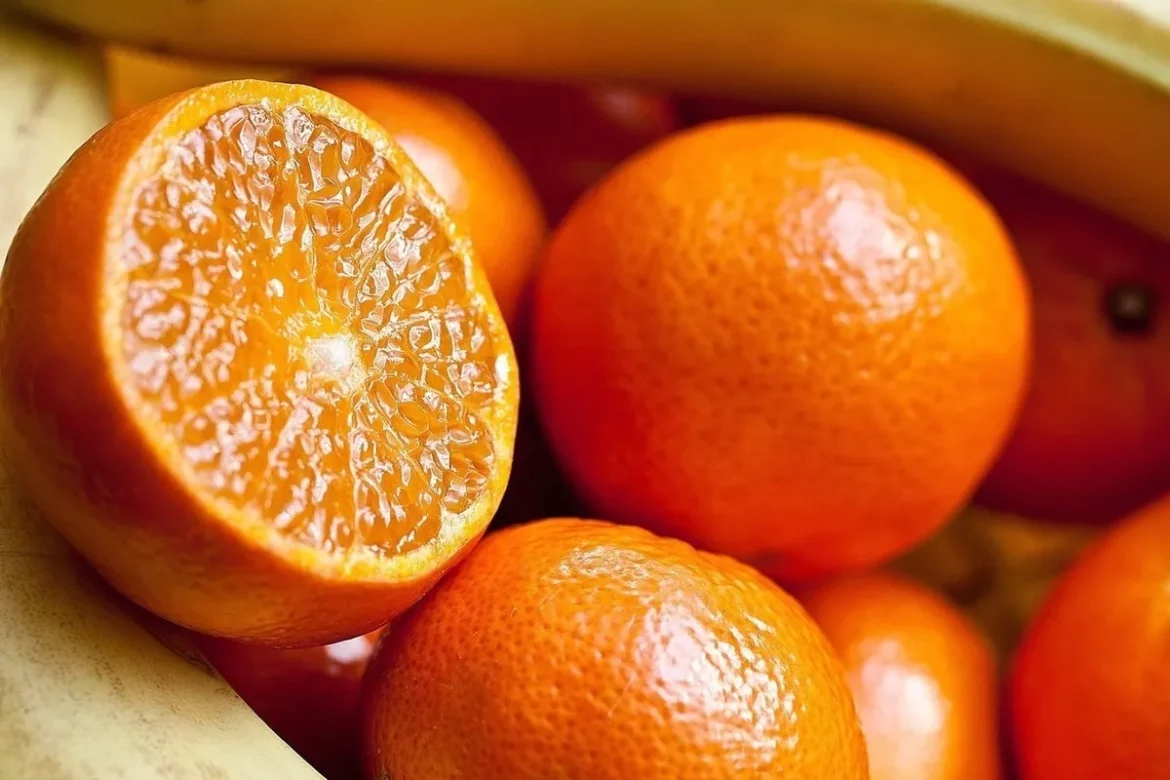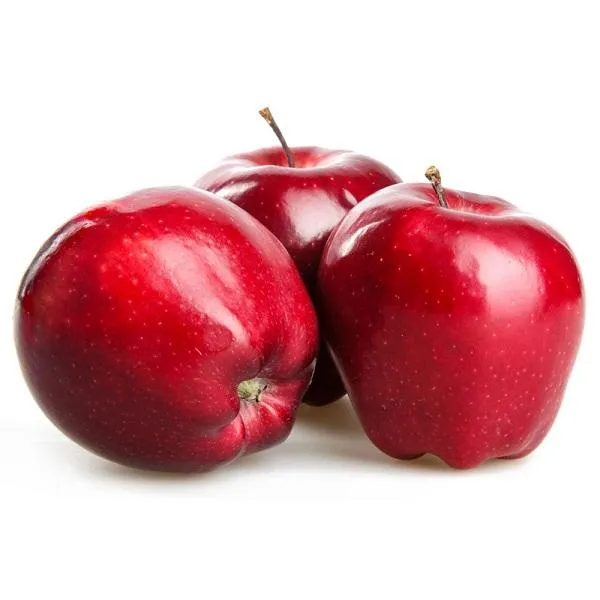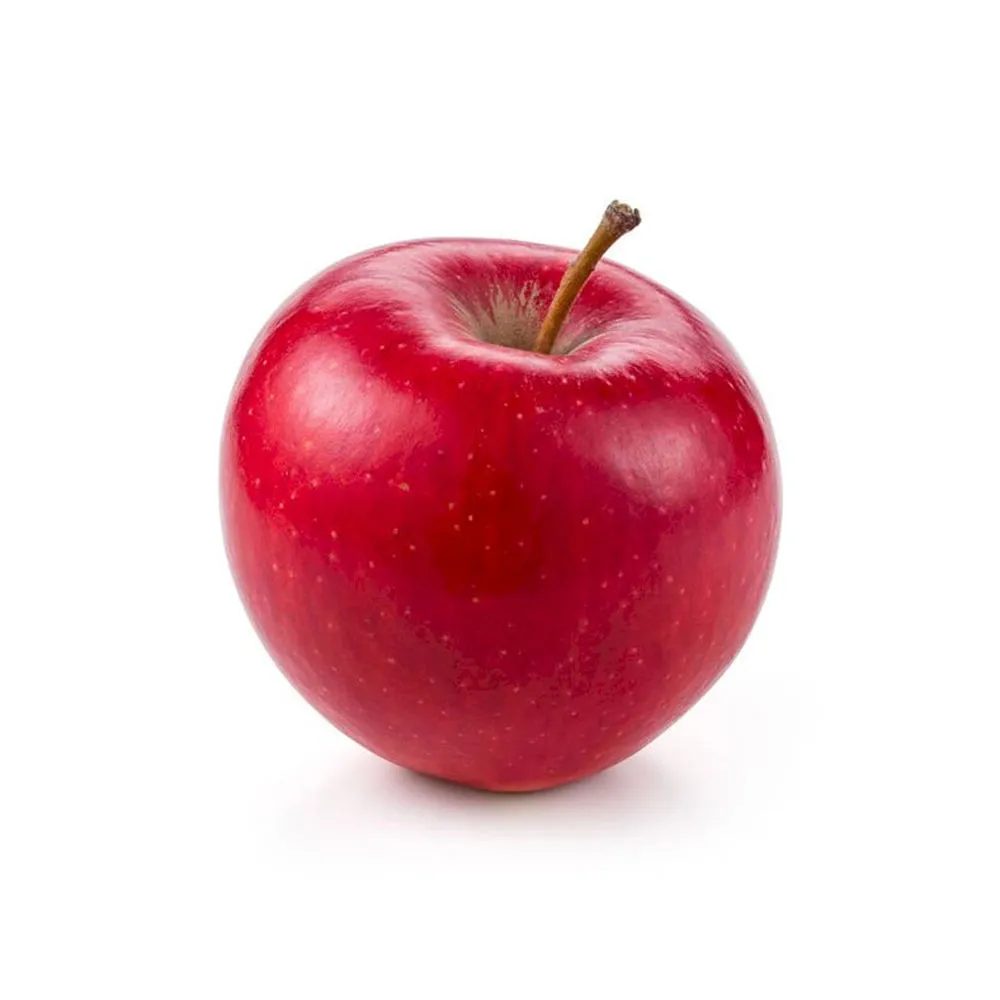When it comes to kiwifruits, most people are familiar with the conventional green kiwi. However, in recent years, a new variety has gained popularity – the golden kiwi. Both varieties offer a unique combination of flavor, nutritional benefits, and visual appeal. In this article, we will delve into the differences between golden kiwi and green kiwi, explore their highest quality factors, and weigh the advantages and disadvantages of each.
Discussing Golden Kiwi vs Green Kiwi
Kiwifruits are native to China and are often referred to as Chinese gooseberries. They are widely known for their vibrant green flesh and an outer skin that is typically brown and fuzzy. This traditional version is commonly found in supermarkets and has been a staple in many households for years.
On the other hand, golden kiwi, also known as yellow kiwi or Zespri Gold, originated in New Zealand. It has a smooth, edible skin that is golden in color. The flesh of the golden kiwi is also uniquely distinct, being a vibrant yellow instead of green.
The Highest Quality of Golden Kiwi vs Green Kiwi
When it comes to determining the highest quality, both varieties of kiwifruits have their own unique qualities.
Green kiwi, known scientifically as Actinidia deliciosa, is rich in vitamin C, fiber, and antioxidants. Its tangy flavor is often described as a combination of strawberry, melon, and banana, making it a refreshing treat.
The golden kiwi, or Actinidia chinensis, also offers a generous amount of vitamins C and E, as well as dietary fiber. However, it is known to contain higher levels of vitamin C compared to its green counterpart. Its flavor is commonly described as tropical and sweet, reminiscent of a blend of mango, pineapple, and strawberry.
Advantages and Disadvantages of Golden Kiwi vs Green Kiwi
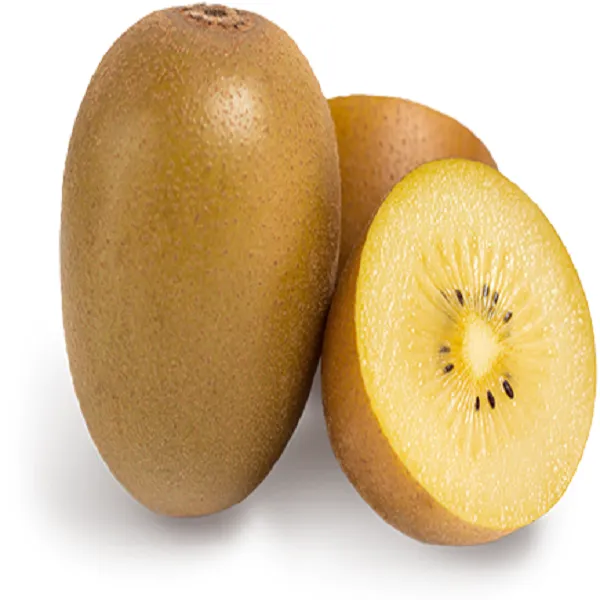
Both golden kiwi and green kiwi have their own advantages and disadvantages. Let’s explore them further:
Advantages of Green Kiwi:
1. Wide availability: Green kiwi is easily found in most grocery stores, making it accessible to consumers worldwide.
2. Nutritional benefits: Green kiwi is packed with vitamin C and fiber, making it a healthy addition to any diet.
3. Versatility: Green kiwi can be used in a variety of recipes, from desserts to salads, smoothies, and even savory dishes.
Disadvantages of Green Kiwi:
1. Tangy taste: Some people find the tangy flavor of green kiwi to be too tart for their liking.
2. Skin texture: The fuzzy skin of green kiwi can be off-putting for some individuals, requiring peeling before consumption.
3. Allergies: It is worth noting that some people may be allergic to green kiwi, though this is relatively rare.
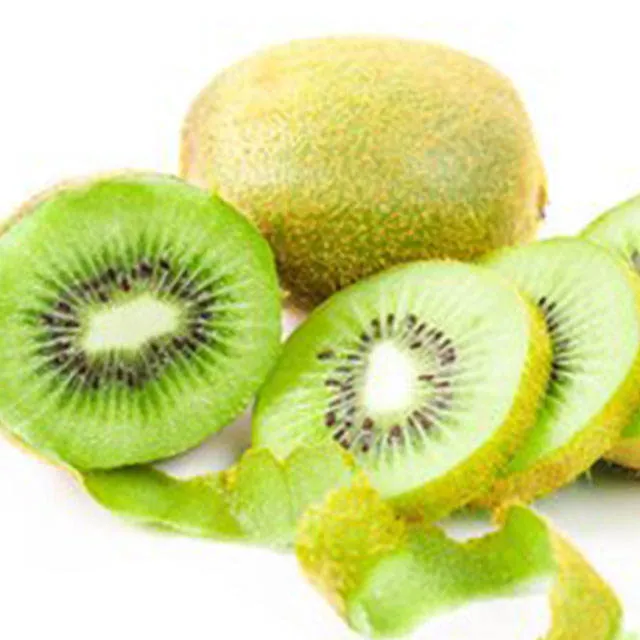
Advantages of Golden Kiwi:
1. Unique flavor: The sweet, tropical taste of golden kiwi is a delightful alternative to the tanginess of green kiwi.
2. Smooth skin: Golden kiwi boasts a smooth, edible skin, eliminating the need for peeling and making it more convenient to eat or use in recipes.
3. Higher vitamin C content: Golden kiwi contains higher levels of vitamin C, offering potential additional health benefits.
Disadvantages of Golden Kiwi:
1. Limited availability: Golden kiwi may be more challenging to find in certain regions, limiting its accessibility to consumers.
2. Browning tendency: The flesh of golden kiwi is prone to browning after being cut open, which may affect its visual appeal.
3. Price: Due to its limited availability and some variations in production costs, golden kiwi can sometimes be more expensive than green kiwi.
In conclusion, both golden kiwi and green kiwi have their own unique qualities and characteristics. Green kiwi offers wide availability, versatility, and a tangy flavor, whereas golden kiwi provides a tropical sweetness, a smooth skin, and a higher vitamin C content. The choice between the two ultimately comes down to personal preference, accessibility, and budget. Regardless of the variety chosen, adding kiwifruits to your diet is a fantastic way to incorporate a burst of flavor and countless nutritional benefits. So, the next time you spot a kiwifruit in the supermarket, why not give it a try and experience the marvelous world of kiwis?Discovering the subtle differences between golden kiwi and green kiwi can be an exciting journey for fruit enthusiasts. Whether you opt for the tangy and readily available green kiwi or the sweet and exotic golden kiwi, both fruits offer a burst of flavor and a range of health benefits.
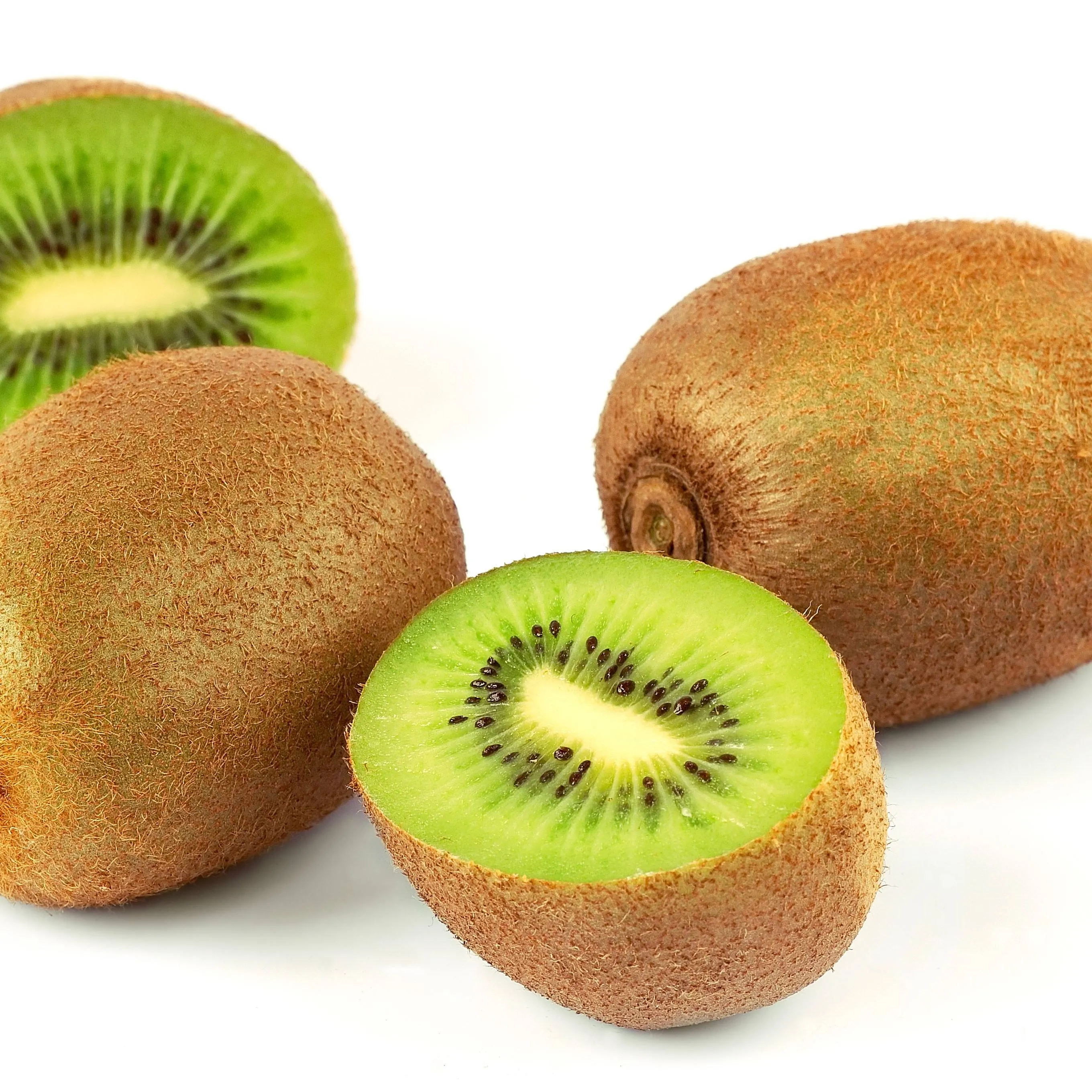
When it comes to incorporating golden kiwi or green kiwi into your diet, there are numerous ways to enjoy these fruits. Sliced and eaten on their own, added to smoothies, tossed into salads, or used as a topping for desserts, these versatile fruits can elevate any culinary creation.
In terms of nutritional value, both golden kiwi and green kiwi are excellent sources of vitamins, minerals, antioxidants, and fiber. Both varieties contribute to a healthy immune system, aid digestion, promote cardiovascular health, support weight management, and provide a natural energy boost.
While green kiwi is well-known for its high vitamin C content, golden kiwi actually contains even more of this essential nutrient. Vitamin C is crucial for collagen synthesis, wound healing, and overall immune support. Including kiwifruits in your daily diet can help meet your recommended vitamin C intake and boost your antioxidant levels.
In addition to vitamin C, golden kiwi contains higher levels of vitamin E compared to green kiwi. Vitamin E is a powerful antioxidant that helps protect cells from damage, supports healthy skin, and may contribute to heart health.
When it comes to choosing between golden kiwi and green kiwi, personal preference and availability play a significant role. Green kiwi has a longer history and is more readily available globally. Its tangy flavor and fuzzy skin are familiar to many, making it a staple in fruit bowls and recipes alike.
On the other hand, golden kiwi offers a unique and tropical sweetness that appeals to those who prefer a sweeter flavor profile. Its smooth skin and vibrant yellow flesh make it visually appealing and convenient to eat, as the skin can be consumed without needing to peel it.
One consideration to keep in mind is that golden kiwi can sometimes be pricier than green kiwi due to its limited availability and potential variations in production costs. However, for those willing to splurge a little, the taste, texture, and nutritional benefits of golden kiwi can make it a worthwhile investment.
It is also interesting to note that both golden kiwi and green kiwi have their own sub-varieties, each with its own characteristics and flavor profiles. For example, in addition to the popular Zespri Gold variety, other golden kiwi cultivars include Gold3 and Hort16A. These variations offer unique experiences and flavors, further expanding the kiwi fruit universe.
In conclusion, whether you opt for the tangy green kiwi or the sweet and exotic golden kiwi, you can’t go wrong with either choice. Both varieties boast an array of health benefits, contribute to a well-rounded diet, and offer a delightful burst of flavor. So, why not indulge in the richness of kiwifruits and let your taste buds embark on a journey of discovery?


